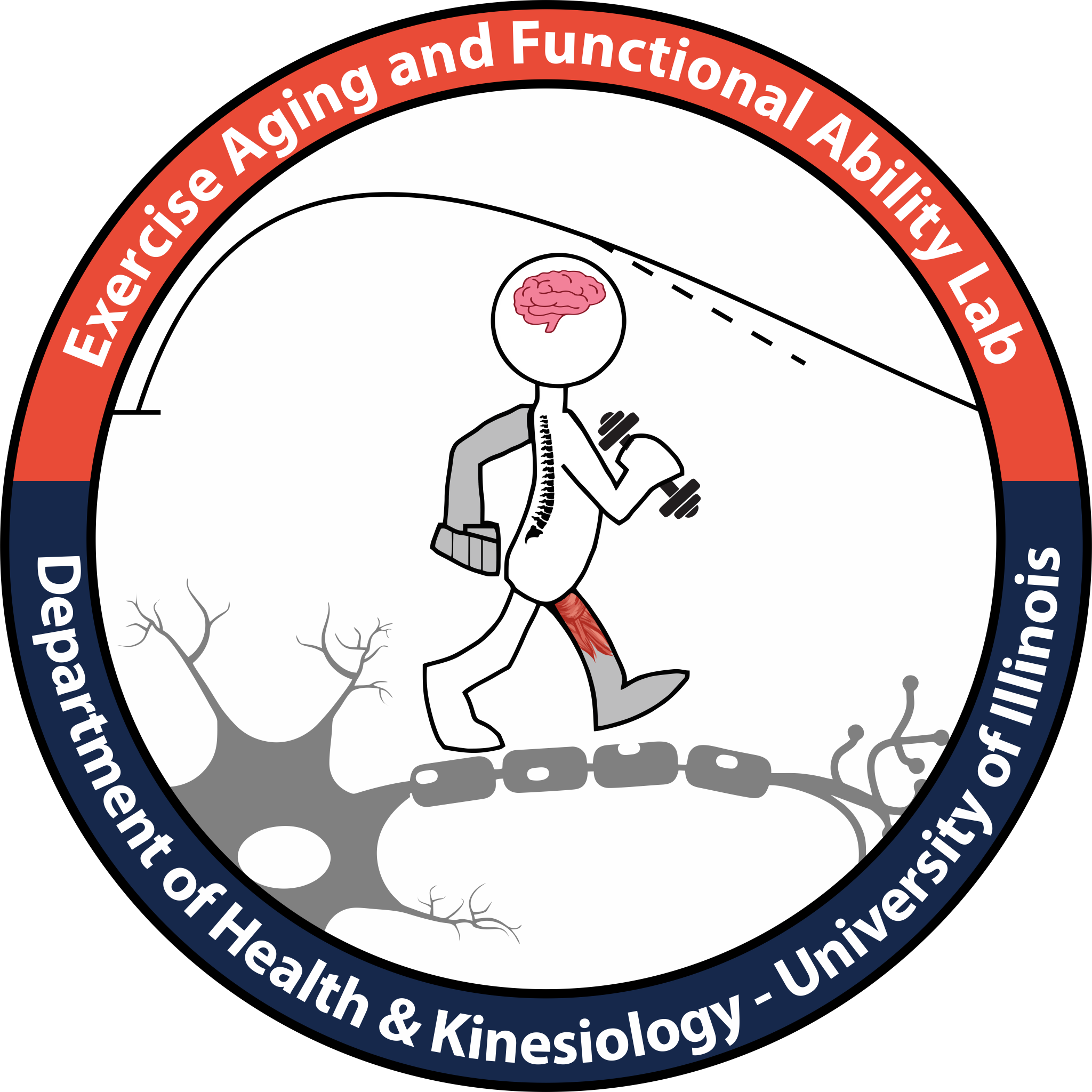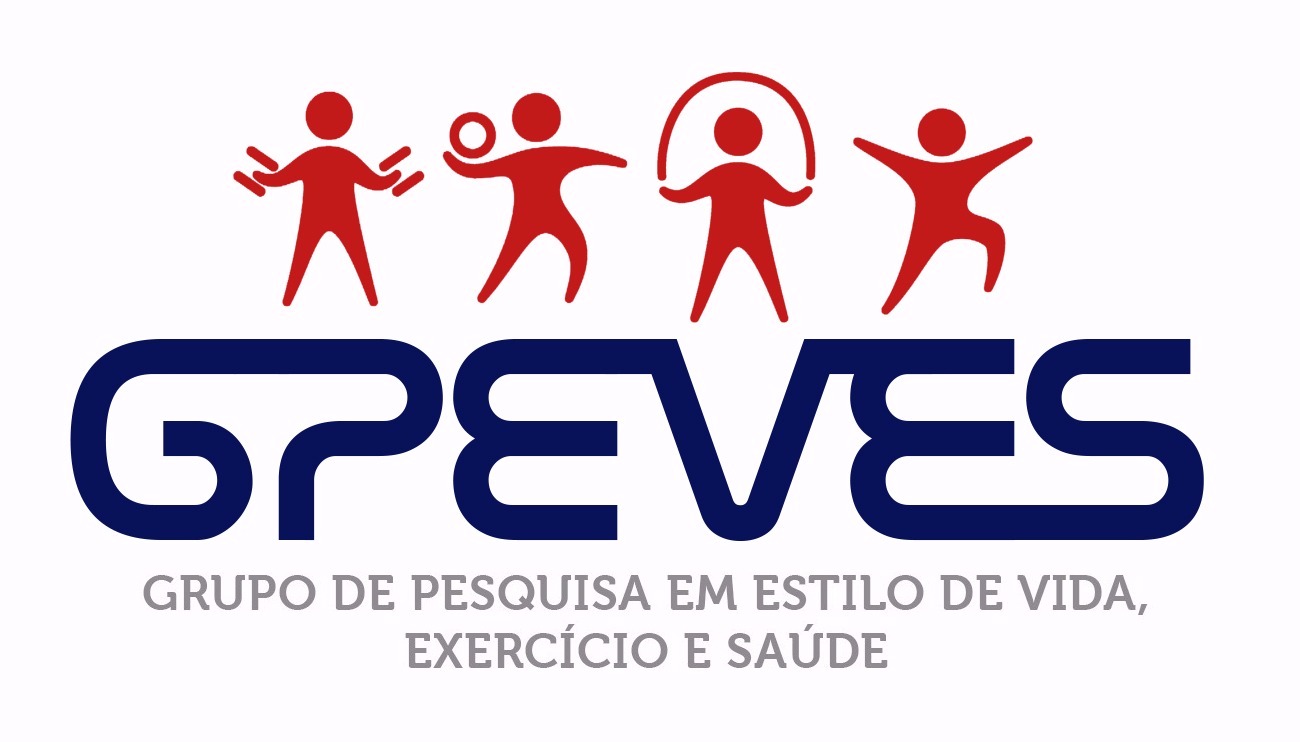- Lab Members
- Publications
- Projects
- Partnerships and Collaborations
- How To Become a Member
- Research Participation Opportunities
Jeffer Eidi Sasaki
Dr. Jeffer Sasaki is an Assistant Professor in the Department of Kinesiology at the University of Wisconsin–Madison. His research focuses on the validation and application of device-based methods to assess free-living physical behaviors—such as physical activity, sedentary behavior, and sleep—and their associations with health outcomes across diverse populations. He is also dedicated to exploring technology-driven strategies to promote positive behavior changes and improve health at the population level.
Dr. Sasaki earned his Ph.D. in Kinesiology from the University of Massachusetts Amherst and completed his postdoctoral training at the University of Alabama at Birmingham. From 2020 to 2024, he served as one of the Editors-in-Chief of the Brazilian Journal of Physical Activity and Health. He also played a key role in developing the Physical Activity Guidelines for the Brazilian Population, contributing his expertise to national public health initiatives.
Through his work, Dr. Sasaki aims to bridge the gap between research and real-world application, with the ultimate goal of advancing health equity and improving quality of life through evidence-based movement science.
- Machado EF, Glehn FV, Sasaki JE, Tauil CB, De David AC. Depression and sedentary behaviour in women with multiple sclerosis. Multiple Sclerosis and Related Disorders. 2024; Nov 1;91:105895.
- Galvão LL, Silva RR, Tribess S, Meneguci J, Sasaki JE, Santos DDA, Júnior JSV. Associations of Physical Activity and Sedentary Behavior With Survival Time in Older Adults: Path Analysis. Journal of Aging and Physical Activity. 2023; 31(5): 733-742.
- Sasaki JE, Bertochi GFA, Meneguci J, Motl RW. Pedometers and Accelerometers in Multiple Sclerosis: Current and New Applications. International Journal of Environmental Research and Public Health. 2022; 19(18), 11839.
- Jeng B, Cederberg KL, Lai B, Sasaki JE, Bamman MM, Motl RW. Step‐rate threshold for physical activity intensity in Parkinson’s disease. Acta Neurologica Scandinavica. 2020 Aug;142(2):145-50.
- Sasaki JE, Motl RW, McAuley E. Validity of the Marshall sitting questionnaire in people with multiple sclerosis. J Sports Sci 2019; 37: 1250-1256.
- Sasaki JE, Motl RW, Cutter G, Marrie RA, Tyry T, Salter A. National estimates of self-reported sitting time in adults with multiple sclerosis. Mult Scler J Exp Transl Clin 2018; 19; 4(1): 2055217318754368.
- Sasaki JE, Júnior JH, Meneguci J, Tribess S, Marocolo Júnior M, Stabelini Neto A, Virtuoso Júnior JS. Number of days required for reliably estimating physical activity and sedentary behaviour from accelerometer data in older adults. J Sports Sci 2018; 36(14): 1572-1577.
- Sasaki JE, Sandroff B, Bamman M, Motl RW. Motion sensors in multiple sclerosis: narrative review and update of Applications. Expert Rev Med Devices 2017; 14(11): 891-900
- Sasaki JE, Hickey A, Staudenmayer J, John D, Kent-Braun J, Freedson PS. Performance of accelerometer-based activity classification algorithms in free-living older adults. Med Sci Sports Exerc 2016; 48: 941-950.
- Sasaki JE, Mavilia M, Tedesco J, John D, Kozey-Keadle S, Freedson PS. Validation of the Fitbit wireless activity tracker for prediction of energy expenditure. J Phys Act Health 2015; 12(2): 149-154.
- Sasaki JE, John D, Freedson PS. Validation and comparison of ActiGraph activity monitors. J Sci Med Sports 2011; 14(5): 411-416.
Our research projects target different aims, including the following:
- Validation of physical behavior assessment methods for assessing physical behavior in different populations;
- Remote-based interventions for changing physical activity behavior using mHealth technology;
- Application of sensor-based physical activity measures for examining associations between physical activity and health outcomes in epidemiological studies;
- Identification of digital biomarkers of mobility from accelerometer data in neurological populations (e.g., multiple sclerosis, Parkinson’s disease);
- Examination of real-world mobility and functional outcomes in neurological populations.
The PAM Lab maintains active partnerships and collaborations with national and international research groups. Our group is always open to new collaborations. If you are interested in becoming a partner and/or collaborator in future research projects, feel free to contact us.





Undergraduate Students
- Undergraduate students seeking opportunities for gaining research experience are welcome to apply to becoming undergraduate research assistants in our lab.
- As part of the training, you will learn and experience several aspects of research, including: a) safety and ethics, 2) research designing and planning, 3) participant recruitment and screening, 4) data collection, 5) data analysis, 6) scientific presentation and writing, among others.
- To apply, please submit a resume, transcript and statement of interest to Dr. Sasaki.
- Requirements for becoming an undergraduate member of the lab:
- Health sciences or related major
- Demonstrate dedication, independence, discipline and enthusiasm
- Availability to participate in lab activities (at least 3-4h a week)
Graduate students
- If you are interested in joining the PAM Lab as a graduate student, please contact Dr. Sasaki directly (jesasaki@wisc.edu).
- Information on our Graduate Program can be found in the following link education.wisc.edu/kinesiology/graduate/
If you are interested in volunteering as a participant for one of our research projects or if you want to receive information on future opportunities, please fill out the electronic form below and we will contact you.
- Research participant form: https://forms.gle/v96x5fbo73F8oXoP7